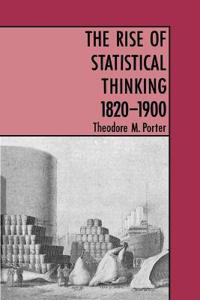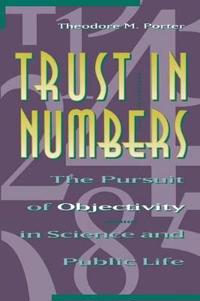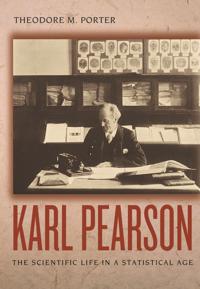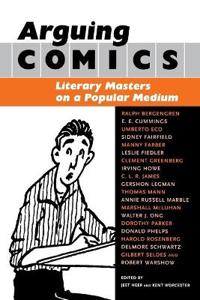The Rise of Statistical Thinking, 1820-1900 (Häftad)
avTheodore M. Porter
ISBN: 9780691024097 - UTGIVEN: 1988-03Emphasizing the debt of science to nonspecialist intellectuals, Theodore Porter describes in detail the nineteenth-century background that produced the burst of modern statistical innovation of the early 1900s. Statistics arose as a study of society--the science of the statist--and the pioneering st[...]
Trust in Numbers (Häftad)
avTheodore M. Porter
ISBN: 9780691029085 - UTGIVEN: 199609This investigation of the overwhelming appeal of quantification in the modern world discusses the development of cultural meanings of objectivity over two centuries. How are we to account for the current prestige and power of quantitative methods? The usual answer is that quantification is seen as d[...]
Karl Pearson (Häftad)
avTheodore M. Porter
ISBN: 9780691126357 - UTGIVEN: 200512Karl Pearson, founder of modern statistics, came to this field by way of passionate early studies of philosophy and cultural history as well as ether physics and graphical geometry. His faith in science grew out of a deeply moral quest, reflected also in his socialism and his efforts to find a new b[...]
Arguing Comics (Häftad)
avTheodore M. Porter
ISBN: 9781578066872 - UTGIVEN: 200505An anthology charting the long-standing cultural debate that comic books sparked With substantive essays by Umberto Eco, Marshall McLuhan, Dorothy Parker, e.e. cummings, C.L.R. James, and others When Art Spiegelman's Maus - a graphic novel on the Holocaust - won a Pulitzer Prize in 1992, the ongoin[...]






